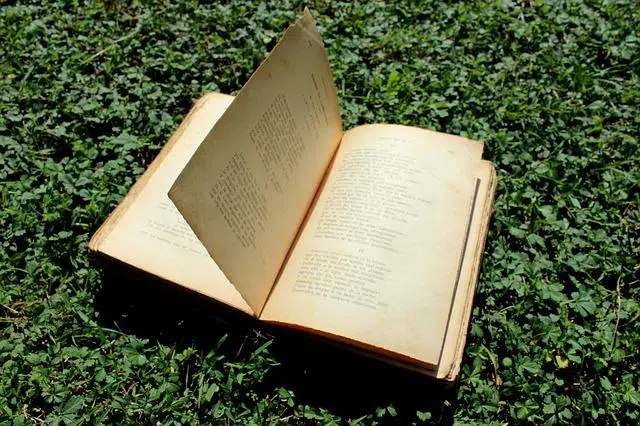
Each line of a poem is known as a verse.
From the Latin versus , verse is the set of words that are subject to cadence (a certain rhythm) and measure (determined by the number of syllables). The verse is the first ordered unit (line) of a poem .
It is possible to distinguish between verse and prose , whose form and structure naturally take language to express concepts and, therefore, are not subject to cadence and measure. Stories and novels are usually written in prose.
Rhythm and meter of a verse
The rhythm of a verse is given by the location of the stressed and unstressed syllables and by the formation of rhymes (the repetition of a sequence of phonemes at the end of each verse). The group of verses that form a fixed sequence thanks to its rhythm and rhymes is called a stanza .
Regarding the meter of the verse, we would have to highlight the fact that it includes everything from the measurement of the verse to the rhyme (type, number, letter...) through a series of very important rules. In that last case we would have to refer to the sinalefas.
Classification according to type
There are various types of verses: acatalectic , adonic , acute , alexandrine , asclepiadean , catalectic , dactylic , echoic , leonine , pentameter and many others, which depend on their distinctive characteristics (type of rhyme, number of syllables, etc.). We speak of verse of minor art to refer to that which does not exceed eight syllables, while a free or loose verse is that which does not form a perfect or imperfect rhyme with another.
Other important types of verses are the following:
With a major round, it is one that has eight syllables.
Of minor round, it is the one that has six syllables.
Hiante. As its name indicates, it is that verse that is identified because there are hiatuses in it.
Flat. In your case, we can establish that this term is defined as one that ends in a plain word.

In Argentina, a verse is a lie.
Walt Whitman and free verse
Free verse, therefore, moves away from compliance with rhyme and meter guidelines. In this sense, it is similar to the prose poem or poetic prose . One of the greatest exponents of free verse is the North American Walt Whitman ( 1819 – 1892 ).
For some specialists this author is the true father of both free verse and modern American poetry. Among his most significant works that have become references in literature of all time, we could highlight his poem titled “Oh, Captain! “My Captain!” This was done in tribute to the president of the United States Abraham Lincoln, after he was assassinated while attending a performance at the Ford Theater in the city of Washington. John Wilkes Booth, a member of the Confederate cause, was responsible for planning and committing said crime.
The term in the theater and as a synonym for lying
Likewise, we cannot ignore the existence of what is called a verse company . This is a term that is used to refer to those companies that exist in theaters and that are specialized in what would be recitation.
It should be noted that, in Argentina , the concept of verse is also used to name something that is false or that turns out to be a lie . For example: “The supposed international experience of this model is a verse: she never worked outside her province” , “Saying that the coach will resign in the next few hours is nothing more than a verse” .
